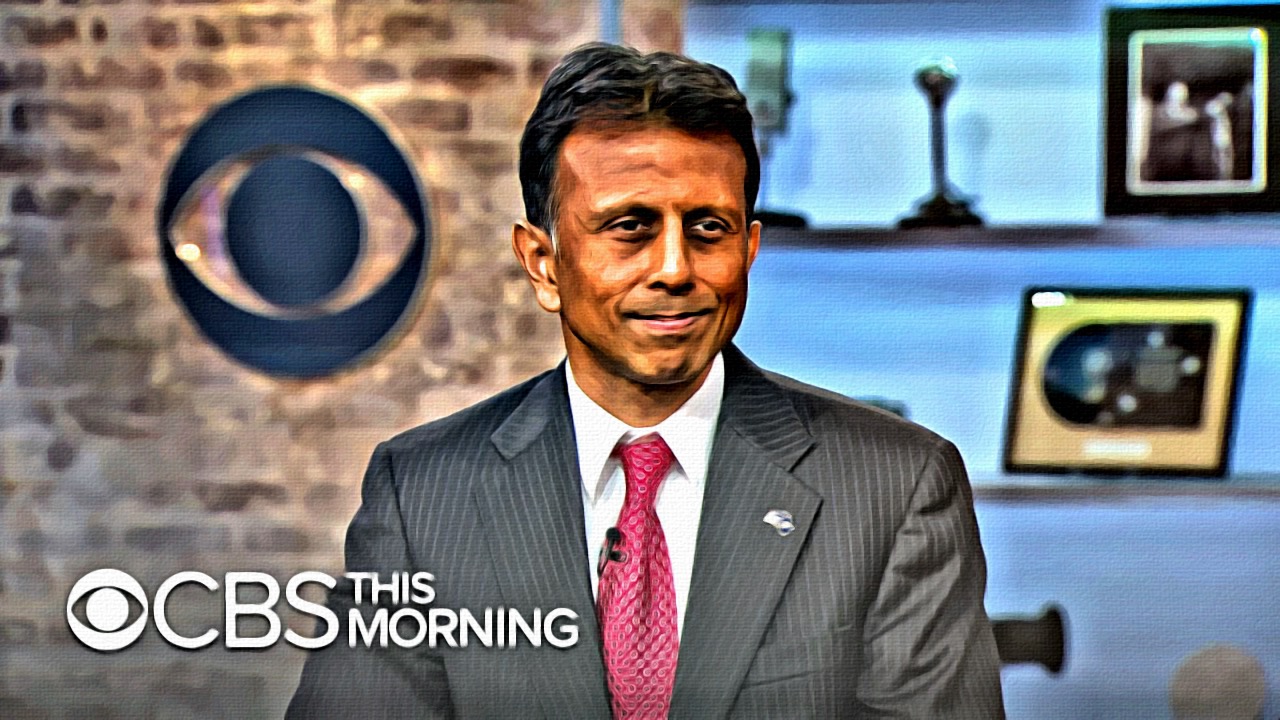With CPAC launching the race for the 2024 GOP nomination, I offer an annotated explanation of the party from a former governor, Bobby Jindal (R-LA).
Facing a pandemic with historic health and economic consequences, a rising China, and domestic strife over rapidly changing race and gender norms, voters of all ideological backgrounds are looking for political leaders ready to fight for them.
Despite President Biden’s superficial calls for unity and bipartisan deal-making, his administration is already pushing the nation’s environmental, tax, spending, and regulatory policies sharply to the left. Democratic voters see their party’s control over the White House and Congress and are demanding aggressive action. They have been agitated by a steady diet of grievances fed to them by a media convinced that Donald Trump posed an existential threat to American norms and democracy itself.
In turn, Republican voters are increasingly alarmed by the radical policies coming from Washington and their sudden loss of power. Rising Republican leaders, especially those looking to the next presidential election, must demonstrate to these voters they are ready and willing to fight for them. Unlike elections not so long ago, when George H.W. Bush promised a “kinder, gentler nation,” today’s voters are looking for political warriors.
Voters want candidates promising to do political battle on their behalf. That means Republican leaders must project their constancy in the face of the expected media onslaught and express their willingness to suffer ridicule and personal sacrifice on behalf of their constituents. Even as they expect to be rewarded by voters with their loyal support. The question thus is not whether to fight but rather whom to fight.
The first option is taking on the establishment in both parties and fighting for conservative values and voters under fire. Sens. Josh Hawley and Ted Cruz have positioned themselves squarely in this lane, arguing that GOP officials unwilling to stand up and fight for Trump cannot be trusted by conservative voters when their interests are attacked by liberals. They may not be popular with their Washington colleagues, but they embrace the trade-off that results in intense support from grassroots activists.
The second option is taking on other Republicans for being racist and extremist. Sens. Ben Sasse and Mitt Romney have positioned themselves here, arguing that extreme conservatism has embraced white nationalists, neo-Nazis, and other radical elements. They embrace Trump’s policies but condemn his personal behavior and are, therefore, celebrated by editorial writers, large donors, and corporate leaders. They put country before party and expect the populists to splinter Trump supporters, leaving a plurality of voters up for grabs.
The third option is taking on our foreign enemies and their multinational corporate enablers, even when the establishment cringes. Former Secretary of State Mike Pompeo and Sens. Rick Scott and Tom Cotton have positioned themselves here. They have criticized communist leaders in China and the American companies that enable the theft of intellectual property, loss of American jobs, and violation of human rights. They link to Reagan, who called the Soviet Union an “evil empire,” and Trump, who rejected years of bipartisan wishful thinking on China.
While Democrats and legacy media rethink their previous positions on China, these Republicans push harder for tariffs, bans on Huawei, and stronger ties with Taiwan. They call out the hypocrisy of Disney, Apple, Nike, and the NBA, who promote social justice at home and ignore human rights abuses abroad. The foreign policy establishment dismisses them as simple minded, and they are condemned abroad, but they are cheered at home by people worried about employment on an uneven playing field.
These political lanes are not mutually exclusive or permanent choices. Hawley took swipes at China and Scott stood by Trump, while Mitch McConnell and Nikki Haley shifted from the first to the second lane. Two things are clear. GOP leaders must decide whom they will fight to exhibit strength based on principle or where they think their voters are going, and GOP voters must decide who is THE LEADER willing to fight for them.
